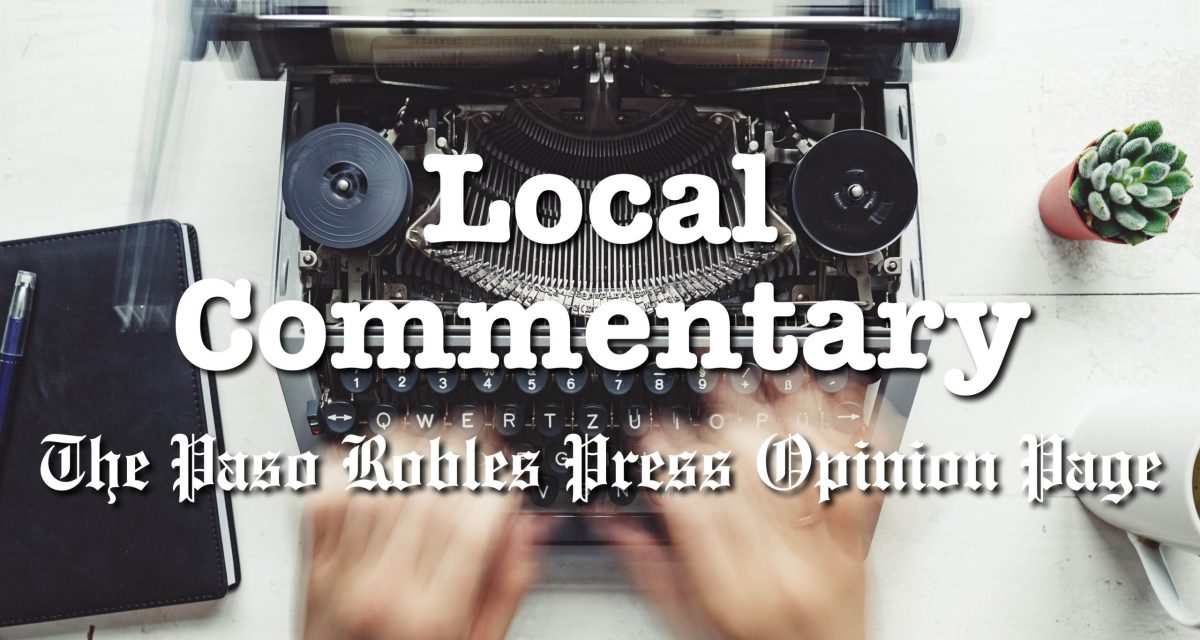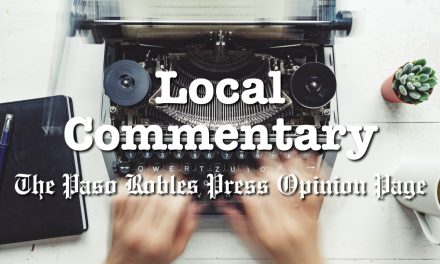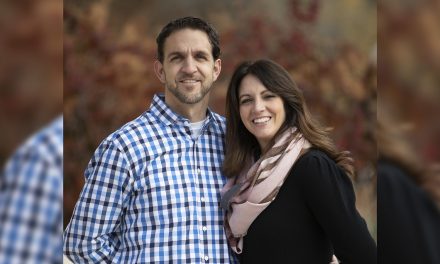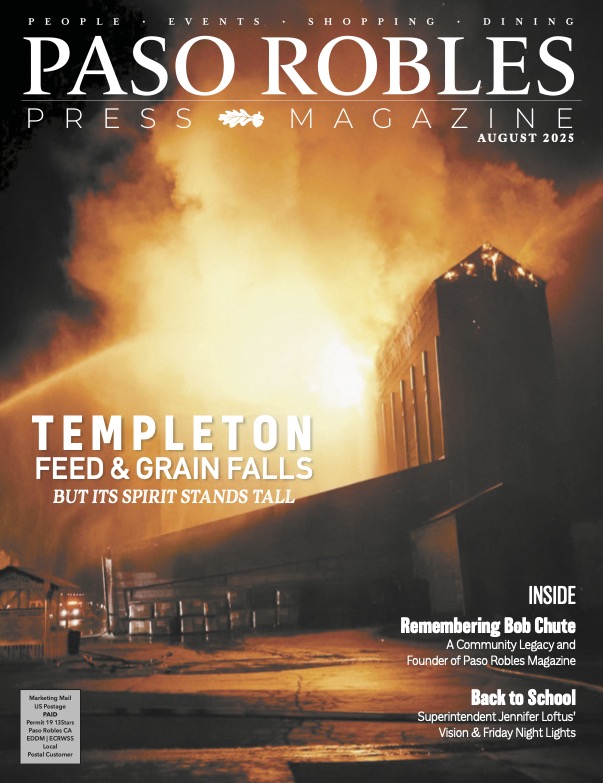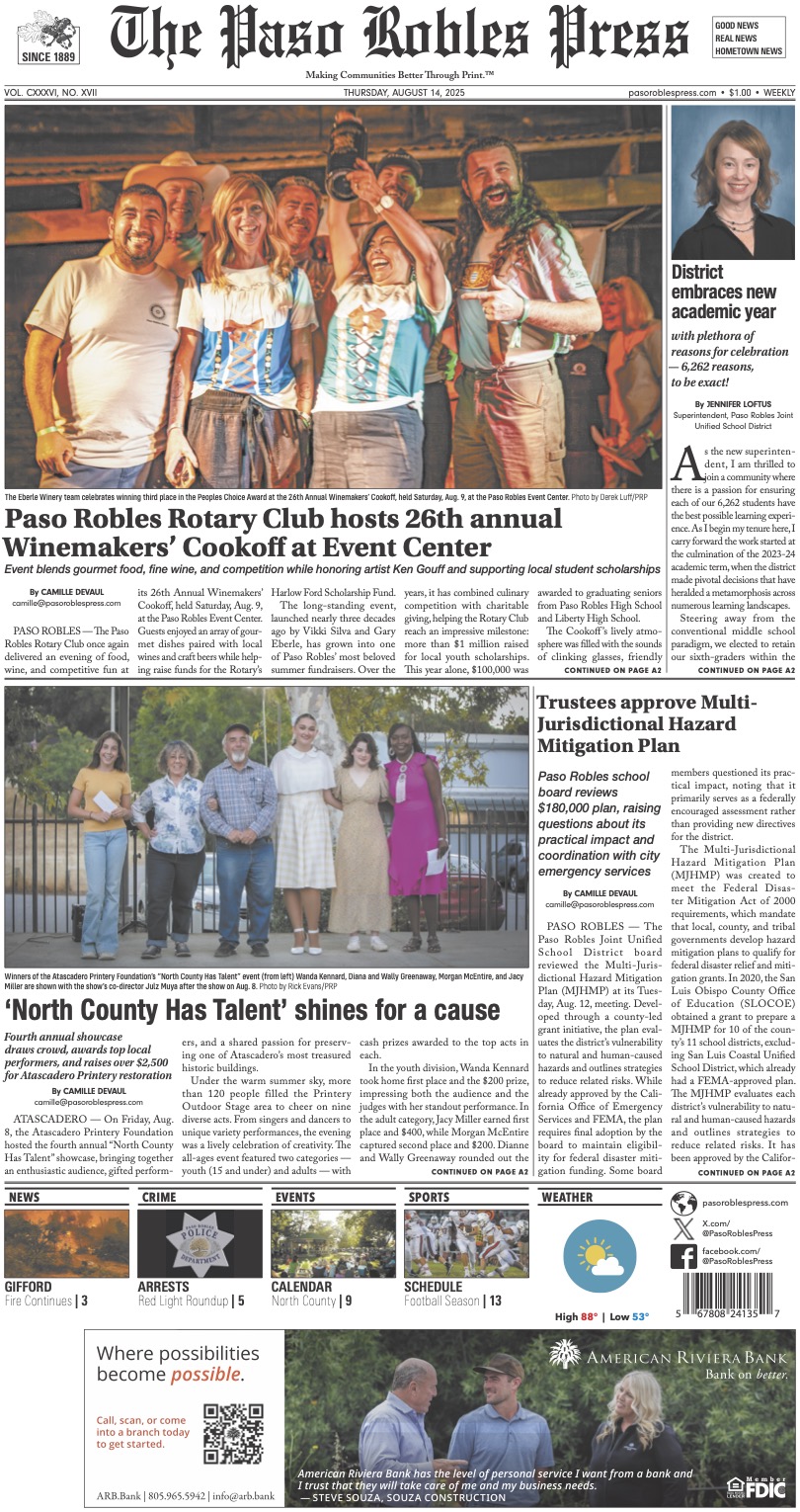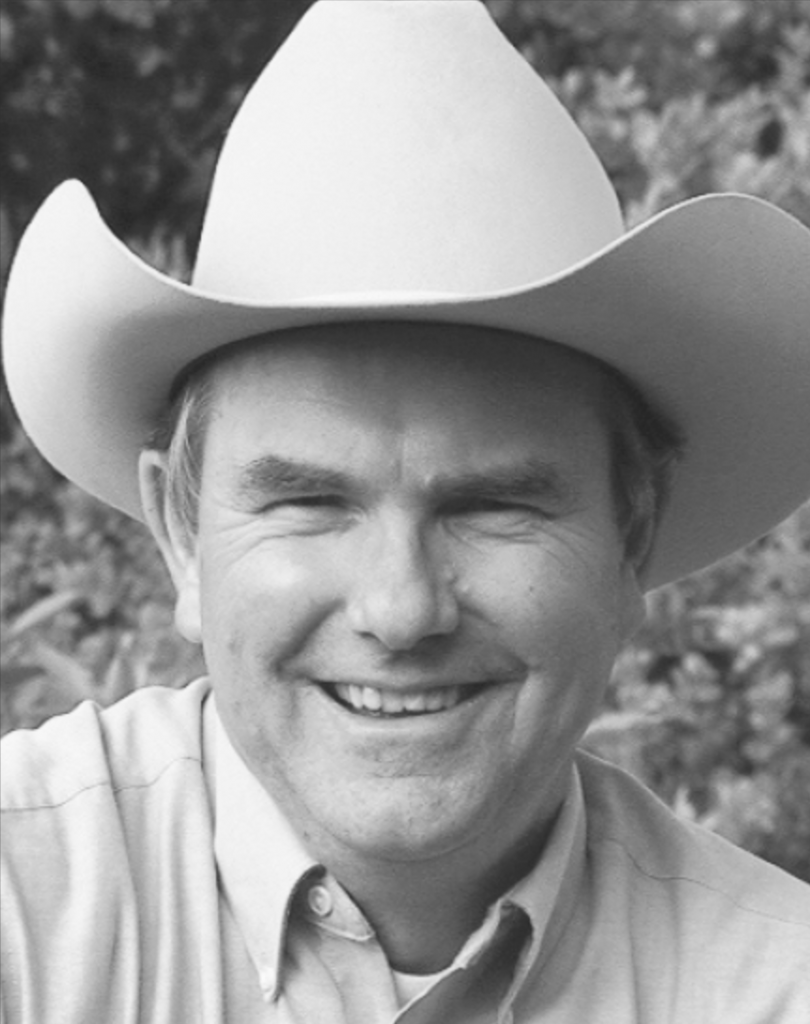
I never have liked money. Don’t get me wrong; I love having a big balance at the bank and all the nice things that money can buy; it’s the actual physical thing I hate. Paper money is filthy, and coins just weigh you down. That’s why my wife handles all cash transactions and why I only carry one $20 bill in my wallet as “carrying around money” for emergencies. It’s the same $20 I’ve had for decades now, and I think if I took it out of my pocket, Andrew Jackson would squint in the sunlight, and the brittle paper would crumble into a thousand tiny pieces.
I’ve never felt comfortable carrying a lot of cash around and always thought that if you had money in your pocket, you’d spend it. And spending money has always been against my religion. I’m sure you’ve seen big shots with huge round wads of paper money that would choke a horse from which they peel off $100 bills. Mobsters called such wads of cash “flash rolls” because if you wanted to impress someone, you’d flash it around. Whenever I see someone reveal their flash roll, I’ve always wondered if their entire net worth wasn’t tied up in that roll. It’s been my experience that the more money you carry around, the less money you actually have. For example, England’s royals never carry cash and have lesser minions follow them around to pay for things.
It’s a good thing I don’t like money because every job I’ve ever had working for other people didn’t pay much of it. I was the richest kid in my high school thanks to Grand Champion steers, but I spent that money and the good money I made working in the oilfields in the summers, all on a college education. I paid every dime of it without help from anyone, and when I graduated in three years, I was flat broke. I was one traffic ticket away from personal bankruptcy. I took a job the day after I graduated from college working as a cowboy on a registered Angus outfit, working seven days a week, and I got paid less than I was making in the oilfields. At the end of the month, the owner would peel off six $100 bills off his flash roll, my pay for the month.
On that first job, I got all kinds of perks like a mattress on the floor to sleep on and a bunch of mice to keep me company. In describing it to me in his sales pitch, the owner described the place I’d live as a “nice little house,” but it turned out to be a lean-to shed. Tractors had better accommodations than I did. There was no TV, but I didn’t need one because the owner worked me 14 hours a day, and the minute I slumped off my saddle, I went straight to my mattress. Half the time, I didn’t even eat, but that was okay because I didn’t have any money to buy much food. In addition to my salary, the owner promised me a half a beef, but a sick cow hadn’t died yet on my watch, and I never did get any beef.
One of the skills I brought to the job was I could pregnancy check. One day I pregged about 60 two-year-old Angus heifers and thought I’d done a good job, but Mr. Big Shot didn’t believe a 21-year-old kid could know anything, so one day, while I was out in the boonies fixing fence, he had a veterinarian preg them again because he didn’t trust me. The vet and I agreed on the pregnancy status of every heifer except one. He called her safe, and I said she was open.
Later, I found a job that paid $800 a month as a livestock field editor, so I wasn’t around to find out if the heifer had a calf or was open, as I said she was. Years later, I ran into my former boss, and I asked if he remembered that heifer. He certainly did.
“Did she have a calf or not?” I asked.
“She sure did,” Mr. Big Shot replied, trying to humiliate me and prove me wrong. “Two years later, she gave birth to a nice bull calf.”

